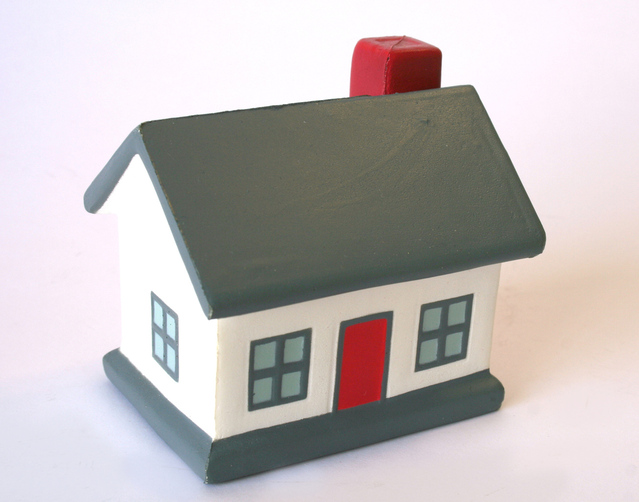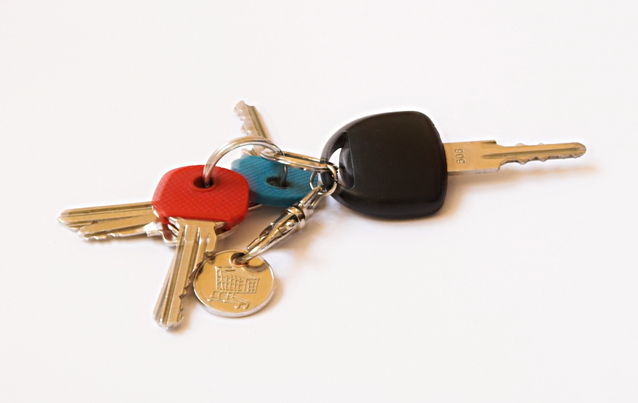Once you’ve started to make inroads into your home loan, and the value of your property gradually increases, you will find yourself with equity against your name. This equity, which is a form of ownership of the house, can be used as security for other purchases. For example, you may consider using the equity as collateral to pick up a new car.
But since you are effectively borrowing against your home to do this, is it a wise decision, or should you consider a separate car loan? This comes at a time where the banks have also started to raise fixed loan rates, sensing the RBA will soon take the lead and increase the official cash rate.

The positives
Many people who have built up equity in a home view this as a convenient and accessible way for them to fund other large scale purchases. By drawing on their equity, rather than applying for a new loan, there are less concerns to worry about as far as your credit history, the risk of rejection, or finding a suitable financier at an appropriate rate.
Instead, the amount by which you draw down the loan will be paid back in conjunction with the repayments that you normally would for your home loan. It’s not uncommon to maintain the same repayment obligations either, thus deferring your additional expenses to a later point in time.
Generally speaking, home loan interest rates will also be cheaper than those under a dedicated car loan. This means that your relative interest payments will be lower, however the higher combined level of debt is something that needs to be considered as the absolute value of your payments will be magnified.

The negatives
Redrawing against the equity you have obtained through a home loan will often mean that you need to pay a sizeable fee. Therefore, these costs won’t be included in your existing interest rate, which contrasts to car loans where the relevant up-front fees are built into each lender’s comparison rate.
As detailed earlier, a redraw against your home for the purpose of buying a car means that the two assets will be pooled to form a higher amount of debt owed. As a result, interest costs are combined and paid across the span of the home loan, which is often upwards of 25 years.
This means that unless you get ahead of your repayments, interest costs will be greater than under a car loan where the shorter loan term, typically a maximum of five years, means you are paying down debt quicker and lowering your total interest expenses. With rates set to rise, this could take on even greater importance at this time.
One of the other areas where dedicated car loans offer a superior outcome is the ability to track your finances against separate assets, to know how close you are to owning one or both of them. In the case of a car, knowing whether it’s been paid off has a resultant flow-on effect when looking to resell it, or trade it in.
The Fincar team is here to help you with all your financing needs. Contact us today to help arrange your next car or equipment loan.
